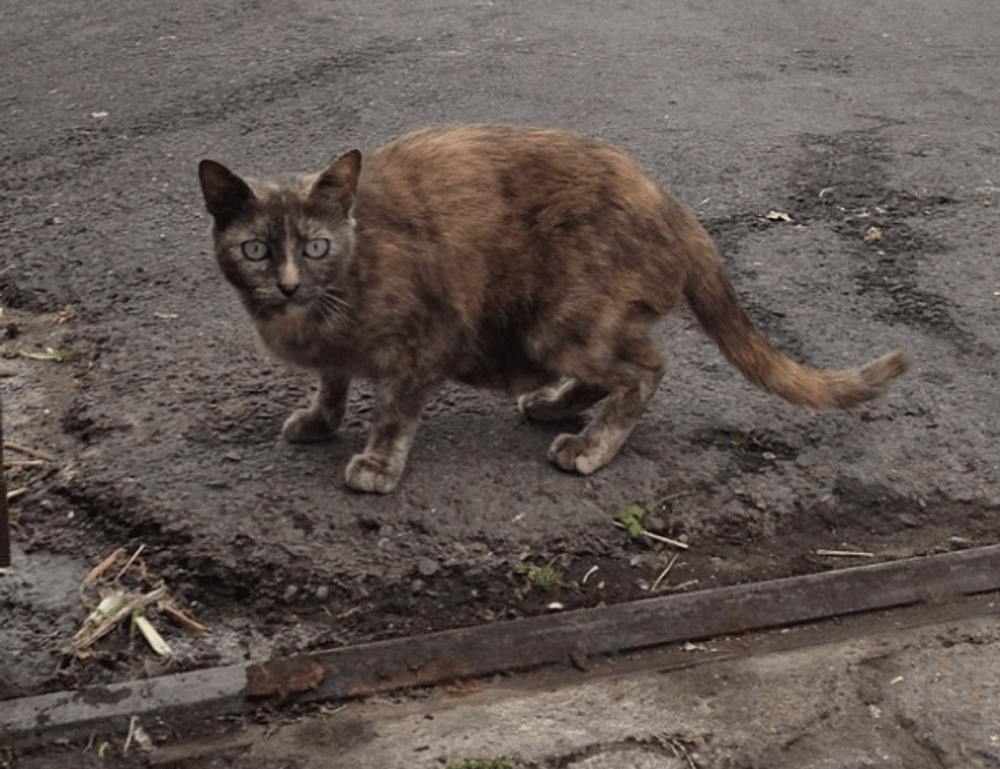What Exactly Is “Habshabeting”?
Habshabeting isn’t officially in any dictionary, but it has found its place in digital conversations, memes, and everyday joking exchanges. If you asked ten different Addis Abeba residents under 30, you might get ten variations of the definition. Generally, though, it points to a kind of exaggerated display of “being Ethiopian”—either in attitude, fashion, opinion, or cultural performance.
You might hear it used when someone goes overboard with nostalgic nationalism. Someone insisting on Teff over rice in a global food chat? Habshabeting. Someone adding “egna” to every other word to prove cultural loyalty? Definitely habshabeting.
Where Did It Come From?
These types of words don’t usually emerge from formal spaces. Instead, they grow organically in online chatrooms, meme pages, Telegram groups, or TikTok comments. The term blends mockery and pride—poking fun at overthetop behavior while secretly admiring people for doing exactly that.
There’s speculation that the phrase mashes together sounds or borrowed structures from both Amharic and street slang, but there’s no scholarly origin story. The ambiguity keeps the term playful, flexible, and crowdowned.
A Joke, A Signal, Or Both?
Slang always functions as more than filler—it draws lines in the sand, defines ingroups vs. outgroups, and lets speakers control tone. Habshabeting works the same way. Sometimes it’s casual teasing. But often, it flags something real—like outdated thinking or performative identity moves.
Someone might drop the word when a friend rants about Ethiopian exceptionalism in a café debate. But it’s also used to clown diaspora kids broadcasting their heritage online like cultural marketers. The term critiques without needing to get too serious.
Usage in Diaspora Spaces
Among the Ethiopian diaspora, especially in places like the U.S., U.K., and Canada, habshabeting feels extra layered. Diaspora kids often face a balancing act—representing their roots while blending into new cultures. When one of them swings hard in either direction, users might comment with a sly “that’s habshabeting energy.”
When someone shows up at Coachella repping Habesha patterns headtotoe, it’s both celebration and cringe. That duality is the perfect breeding ground for a term like habshabeting. It lets people stay connected while poking each other to be real.
Not Just a Clown Word
It’s easy to laugh at or dismiss a term born from memes. But what gives habshabeting staying power is its narrative function. It helps people call out contradictions without making enemies. It’s humorous but not hollow.
It also flags the tension between pride and pretense. How do you express identity in a way that honors, rather than performs? When is cultural pride informative and when does it become caricature?
The fact that young people created this word—not media, not professors, not politicians—is a clue. It’s a grassroots phrase for a grassroots problem.
When It Goes Too Far
Like any slang, habshabeting can tip into dismissiveness. Mocking every show of culture or nationalism as “too much” gets tiring fast. In some circles, it’s already overused—thrown around whenever someone dares to express tradition with passion.
This turns the term into a gatekeeper—who gets to be “authentic” and who’s “trying too hard.” That risks shaming people for simply expressing joy in their heritage. So the term has limits. And users know it.
Language As Social Commentary
Slang is the people’s way of writing social critique. Without needing credentials, laws, or formal essays, a word like habshabeting manages to say: “We see you. And maybe you’re doing too much.”
It’s also a recognition of how fluid identity can be. What sounds like mockery is often community selfawareness. Without terms like these, cultures get too heavy, too sacred. Humor adds oxygen.
Habshabeting in Creative Spaces
Don’t be surprised if you start seeing habshabeting pop up in local music lyrics, standup bits, skits, or graphic Tshirt designs. It’s a naturally comic word with big meme energy. But it also serves a storytelling purpose—adding subtle judgment beneath jokes.
For example, comedians might use it as a character trait. Writers could frame it as the flaw of a protagonist who’s lost in nostalgia. The word’s versatility makes it perfect for art that wants to explore cultural nuance.
Final Thoughts
Words like habshabeting shouldn’t be underestimated. They may look unserious on the surface, but they carry surprising depth. They’re thermometers for how a community feels about itself—its pride, its insecurities, and its cultural growing pains.
Next time you hear the term in a conversation or a comment thread, pay attention. You’re catching a moment—a flash of generational insight. Whether it’s praise, warning, or playful sideeye, habshabeting is a word that knows how to say more by saying less.


 Dawnicky Sumpter
Bankroll Management Advisor
Dawnicky Sumpter brings a wealth of experience in financial planning and gambling psychology to her role as Bankroll Management Advisor at Prime Gambling Way. With a focus on responsible gambling, Dawnicky provides bettors with the tools and strategies they need to manage their finances effectively while pursuing their passion. Her advice is rooted in practical techniques for balancing risk and reward, ensuring that users can enjoy gambling without compromising their financial stability. Through articles, workshops, and one-on-one consultations, Dawnicky is committed to helping gamblers build sustainable habits that support long-term success in the industry.
Dawnicky Sumpter
Bankroll Management Advisor
Dawnicky Sumpter brings a wealth of experience in financial planning and gambling psychology to her role as Bankroll Management Advisor at Prime Gambling Way. With a focus on responsible gambling, Dawnicky provides bettors with the tools and strategies they need to manage their finances effectively while pursuing their passion. Her advice is rooted in practical techniques for balancing risk and reward, ensuring that users can enjoy gambling without compromising their financial stability. Through articles, workshops, and one-on-one consultations, Dawnicky is committed to helping gamblers build sustainable habits that support long-term success in the industry.
